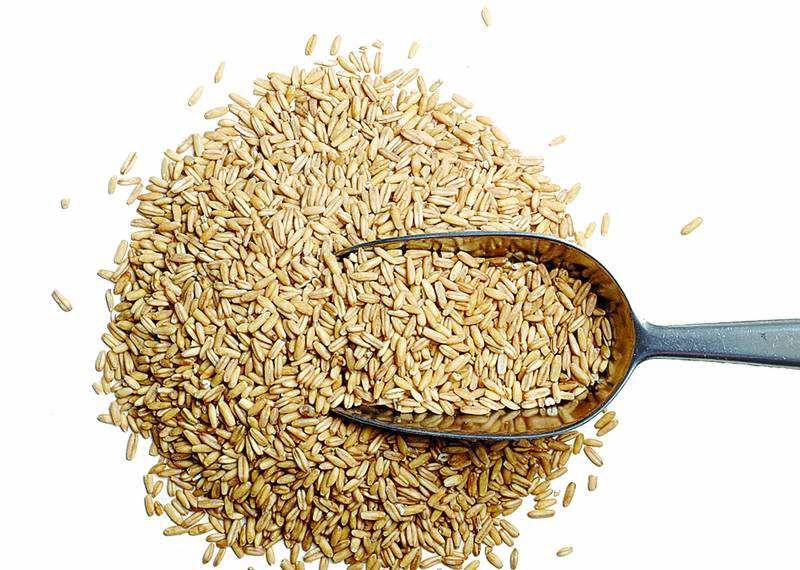Delaying solid foods could increase risk of infant wheat allergy
Published 5:00 am Thursday, July 13, 2006

- Delaying solid foods could increase risk of infant wheat allergy
Mothers who try to avoid creating food allergies in their infants by delaying the introduction of solid foods might actually be increasing their child’s risk of wheat allergies.
Researchers from the University of Colorado at Denver tracked more than 1,600 children from birth to an average age of 4 1/2. Sixteen children, or 1 percent, developed wheat allergies. Of the 958 children introduced to cereal grains before 6 months of age, four developed wheat allergies. But out of 654 children who were first fed cereal grains after 6 months of age, 12 developed wheat allergies.
”We found the odds striking: almost four times as many babies in the group which delayed introduction of solid food got wheat allergies,” says Dr. Jill Poole, one of the study’s authors and now an assistant professor at the University of Nebraska Medical Center.
The American Academy of Pediatrics actually has conflicting policies on introduction of solid foods.
The group’s Section on Breastfeeding recommends mothers breast-feed exclusively until 6 months of age. However, the pediatricians’ Committee on Nutrition recommends introducing complementary foods between 4 and 6 months of age.
The researchers said their findings, published in June in the journal Pediatrics, supported the latter recommendation.
”In addition to our study, other retrospective studies in Europe also suggest it may be better to give babies their first cereal earlier, when they’re 4 to 6 months old, rather than waiting until they’re older,” Poole says.
Earlier studies suggested that infants given solid food in the first few months of life had a higher chance of developing allergies, eczema and asthma. Introducing foods other than breast milk or formula before the infant’s immune system had a chance to mature was thought to have the potential to trigger a reaction and create a food allergy.
The researchers were not sure why delaying cereal grains appeared to increase the risk of allergy. They speculated that when grains are introduced for the first time in an older child, the amounts consumed might be much higher. A large load of cereal grains for the first time might overwhelm the immune system. They also suggested that the introduction of cereal grains at the right time might be important part of the development of the immune system.
Markian Hawryluk can be reached at 617-7814 or mhawryluk@bendbulletin.com.






